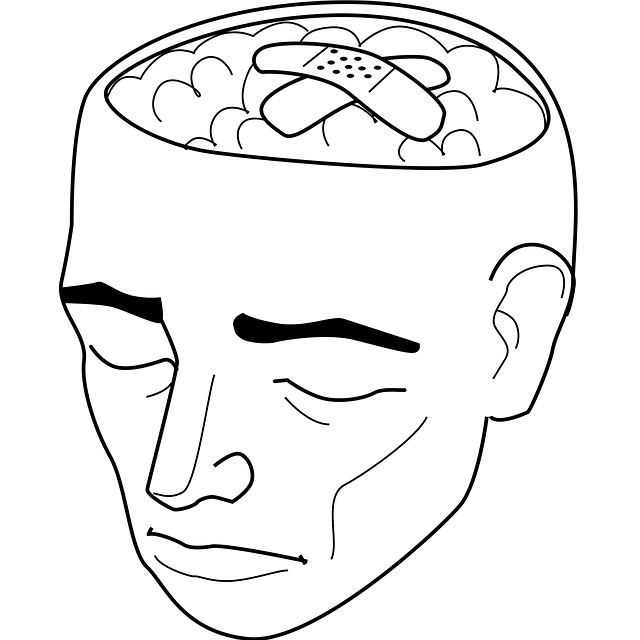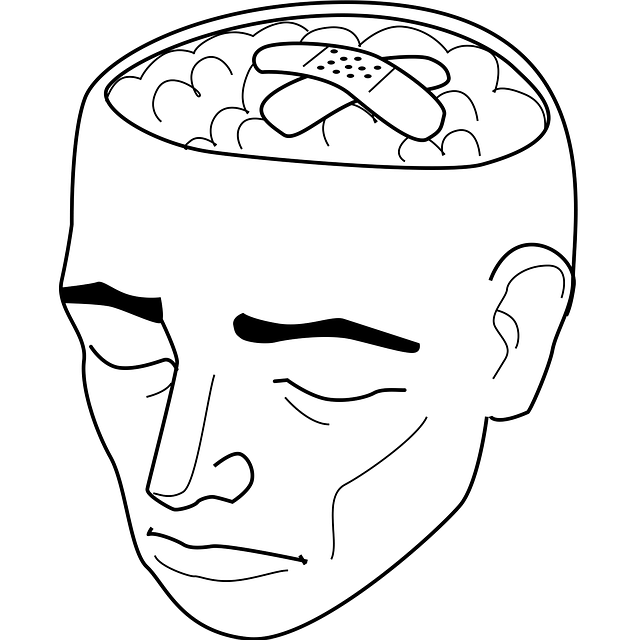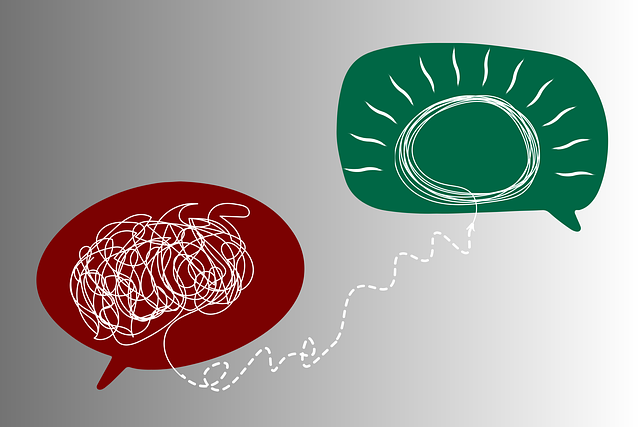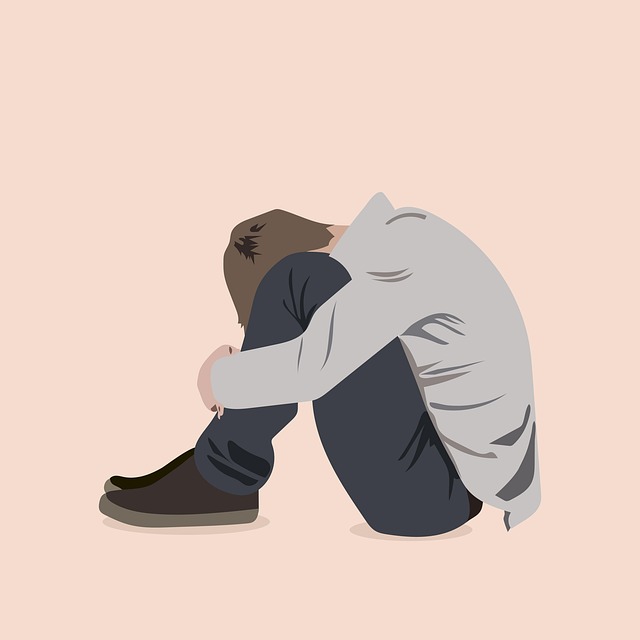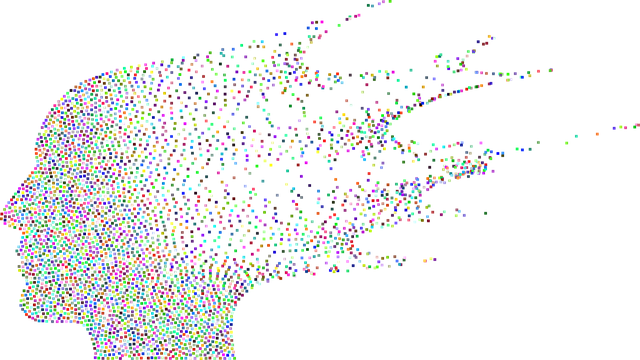Elders who survived sexual abuse face unique challenges, requiring specialized therapy addressing age-related mental wellness issues in safe, accessible spaces. Educational programs and community support services play vital roles in raising awareness, identifying abuse, and offering tailored therapy, group support, and counseling centers. Effective approaches like Cognitive Behavioral Therapy (CBT), Mind Over Matter techniques, and Compassion Cultivation Practices empower survivors to heal, challenge negative thought patterns, cultivate self-compassion, and build resilience. Accessing these resources through local community centers, non-profits, government initiatives, and online platforms helps survivors initiate their healing journey promptly.
Trauma support services are essential for healing elderly sexual abuse survivors, who often face unique challenges due to their age and experiences. This article explores effective strategies to address these complex needs. We delve into understanding the specific trauma faced by seniors, providing a guide on accessing critical services, and highlighting proven therapy approaches tailored for their recovery. By exploring these aspects, we aim to empower both survivors and support systems in navigating the path to healing, with a focus on therapy for elders sexual abuse survivors.
- Understanding the Unique Needs of Elder Sexual Abuse Survivors
- Accessing and Navigating Trauma Support Services
- Effective Therapy Approaches for Healing and Recovery
Understanding the Unique Needs of Elder Sexual Abuse Survivors

Surviving sexual abuse in later life presents unique challenges and a distinct set of needs for elders. This often-overlooked demographic requires specialized trauma support services tailored to their specific experiences and vulnerabilities. Many elder sexual abuse survivors may have lived through their traumas for extended periods, leading to complex psychological effects that differ from younger victims. They might face barriers in accessing help due to age-related physical limitations or social isolation, making it crucial for support systems to be accessible and understanding.
Therapy for elders who have experienced sexual abuse needs to consider the impact of aging on mental wellness. A mental wellness journaling exercise guidance can offer a safe space for them to process their emotions and memories. Additionally, risk management planning for mental health professionals is essential to ensure they are equipped to handle the sensitive nature of these cases, fostering an environment where survivors feel comfortable sharing their stories. Incorporating mental health education programs design focused on this demographic can raise awareness, improve identification of abuse, and encourage timely intervention and support.
Accessing and Navigating Trauma Support Services

Accessing trauma support services is a vital step for individuals, especially elders and survivors of sexual abuse, to begin their healing journey. Many communities offer specialized programs tailored to address the unique needs of those affected by traumatic events. These services often include individual therapy, group support sessions, and specialized counseling centers dedicated to helping people process and overcome their experiences.
Navigating these resources can be a complex task, but with the right guidance, it becomes more manageable. Elders and sexual abuse survivors should explore local community centers, non-profit organizations, and government initiatives that focus on mental health support. Online platforms and hotlines also play a crucial role in connecting individuals to appropriate therapy for depression prevention and mindfulness meditation techniques, ensuring they receive the care they need without further delay.
Effective Therapy Approaches for Healing and Recovery

Trauma healing is a complex process, especially for survivors of sexual abuse, and various therapy approaches have proven effective in facilitating recovery. One such approach is Cognitive Behavioral Therapy (CBT), which focuses on identifying and modifying negative thought patterns and behaviors associated with traumatic events. CBT empowers individuals to challenge their distorted beliefs and replace them with healthier perspectives, fostering a sense of control over their emotions and actions.
Additionally, older survivors often benefit from approaches that recognize the unique challenges they face. This includes therapies tailored for aging populations, incorporating Mind Over Matter principles to enhance coping strategies. Compassion Cultivation Practices, another powerful tool, encourages self-compassion and empathy towards oneself, which is vital for healing and building inner strength. These methods collectively offer a comprehensive framework for supporting survivors on their journey towards recovery and resilience.
Trauma support services play a pivotal role in healing and empowering survivors of elder sexual abuse. By understanding their unique needs, accessing effective therapy approaches, and navigating available resources, we can foster a supportive environment that promotes recovery. It’s crucial to recognize the impact of this issue and ensure that elders receive the comprehensive care they deserve. Through continued education and access to specialized services, we can create a safer, more nurturing landscape for those who have endured such trauma, ultimately offering a path towards healing and wholeness.


